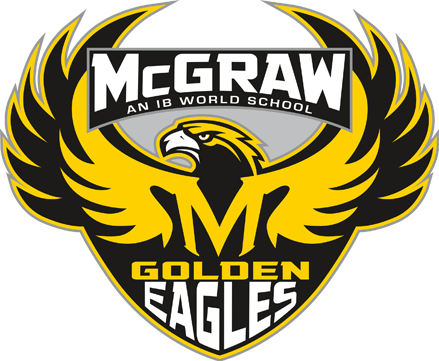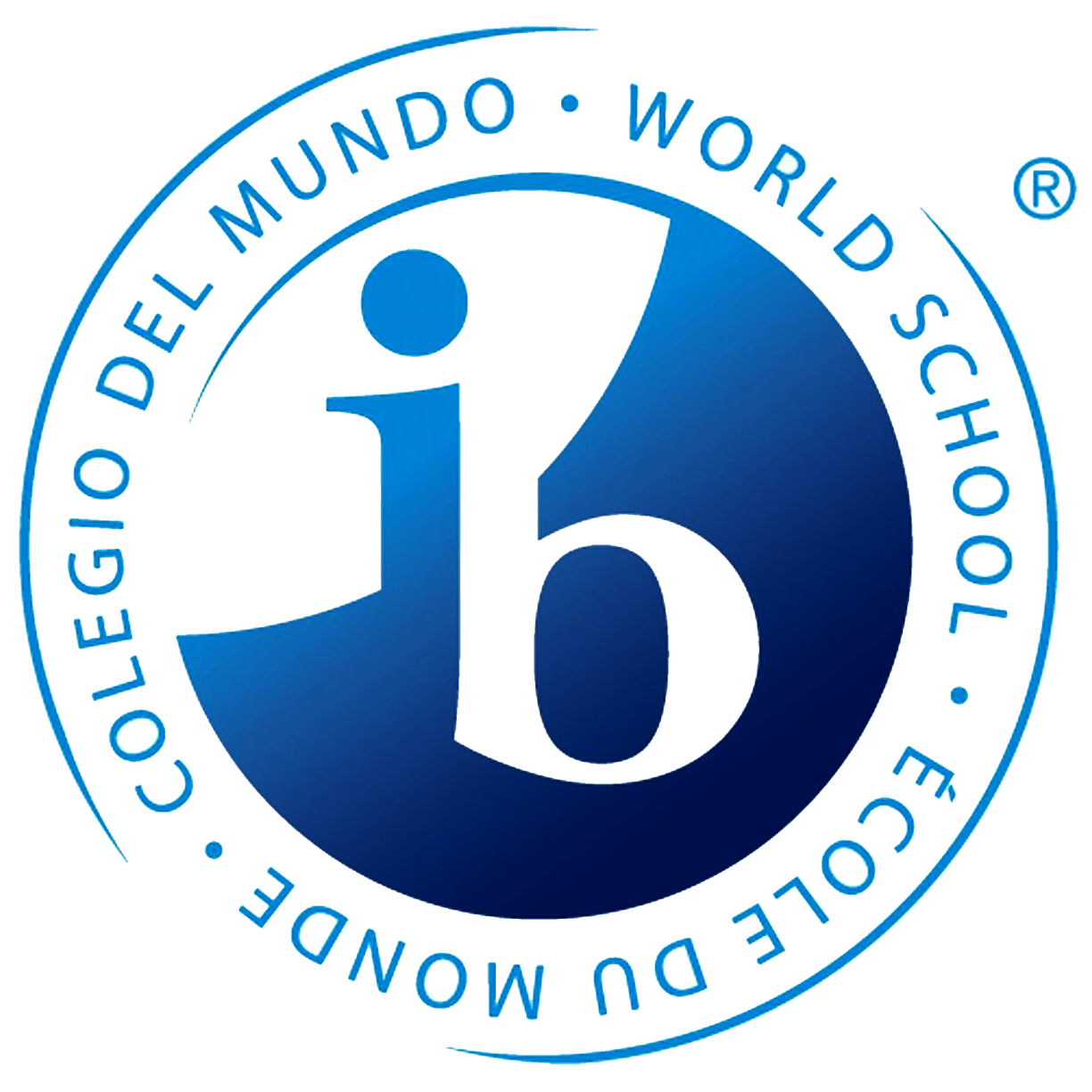Approaches to Learning in the IB Primary Years Program
Based on the belief that “learning how to learn” is fundamental to a student’s education, the IB has defined a set of lifelong learning skills called the Approaches to Learning (ATL). These skills support the development of learner agency by encouraging students to set effective goals, self-regulate their actions, reflect on and monitor their progress, and to develop a growth mindset.
The Approaches to Learning have been categorized into five interrelated areas including Thinking skills, Research skills, Communication skills, Self-management skills and Social skills. See the table below for examples of specific ATL skills taught at McGraw.
| Categories | Example sub-skills |
|---|---|
| Thinking skills |
|
| Research skills |
|
| Communication skills |
|
| Social skills |
|
| Self-management skills |
|
At McGraw, we think of the Approaches to Learning as tools that students apply to their personal, social and academic learning. McGraw students often use ATL skills to set personal or class goals. We feel that it is important that teachers provide students with direct instruction in, and frequent opportunities to practice and develop the Approaches to Learning. Many of these opportunities take place in the context of grade level PYP units of inquiry, while others take place across the general curriculum.
Some examples of ATL Skill development at McGraw:
* During a Kindergarten unit about exploring their similarities and differences, students develop the Communication skill of “listening to others” and the Social Skill of “respecting others”.
* During a 2nd Grade unit focused on well-being, students develop the Self-Management skill of “making safe and informed choices” about their personal, physical and emotional health.
* During a 5th Grade unit exploring natural systems, students apply Thinking skills to critically “analyze” and “evaluate” possible causes and consequences of balance and imbalance in an ecosystem.
* All students develop the Social skill of “collaboration” and the Self-Management skill of “resilience” as they work independently and with their peers to solve challenging math, science and engineering problems in their classroom, the school Innovation Lab, in enrichment groups, and in school-sponsored activities like Odyssey of the Mind.
If you have any questions about how to support your child’s development of any of the Approaches to Learning Skills outside of the classroom do not hesitate to ask her/his teacher for support. We are eager to partner with you to help your child become an independent, lifelong learner!



